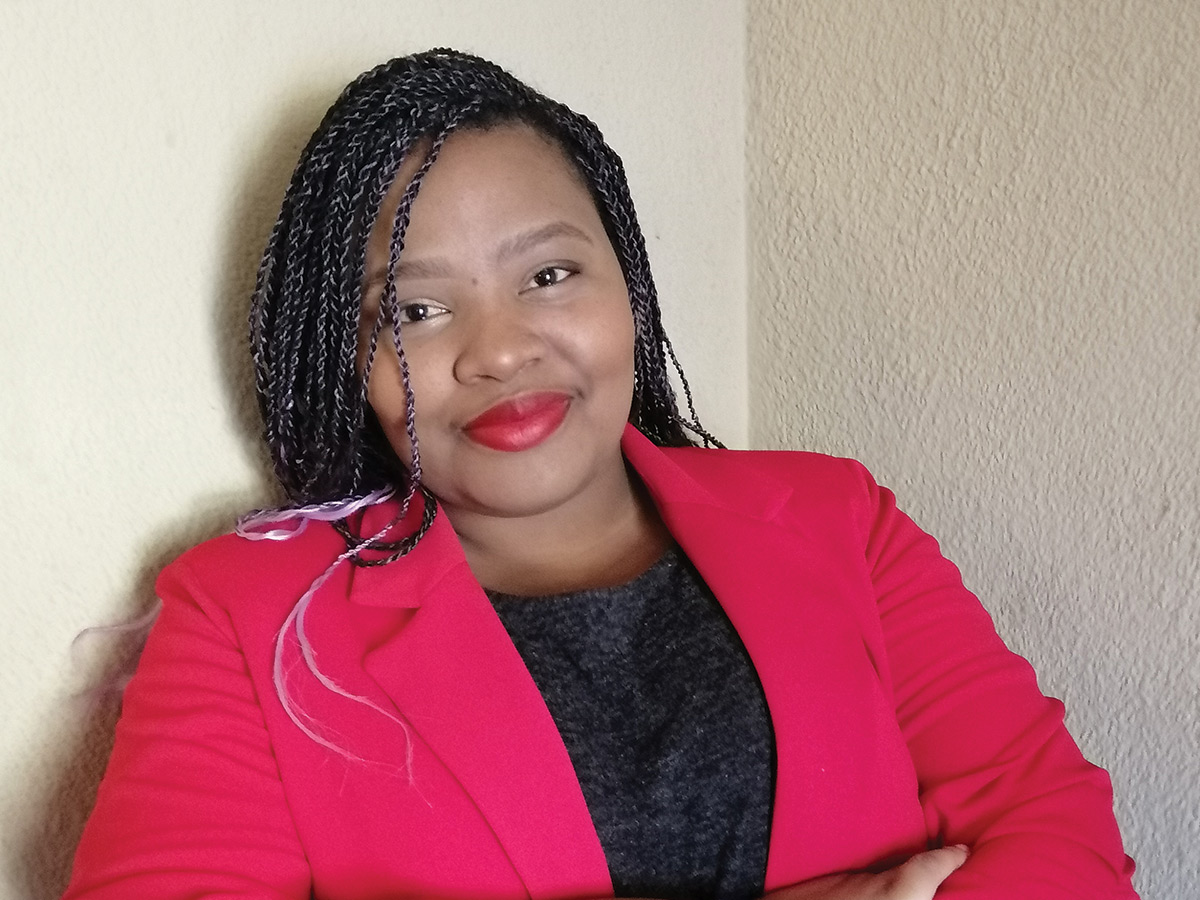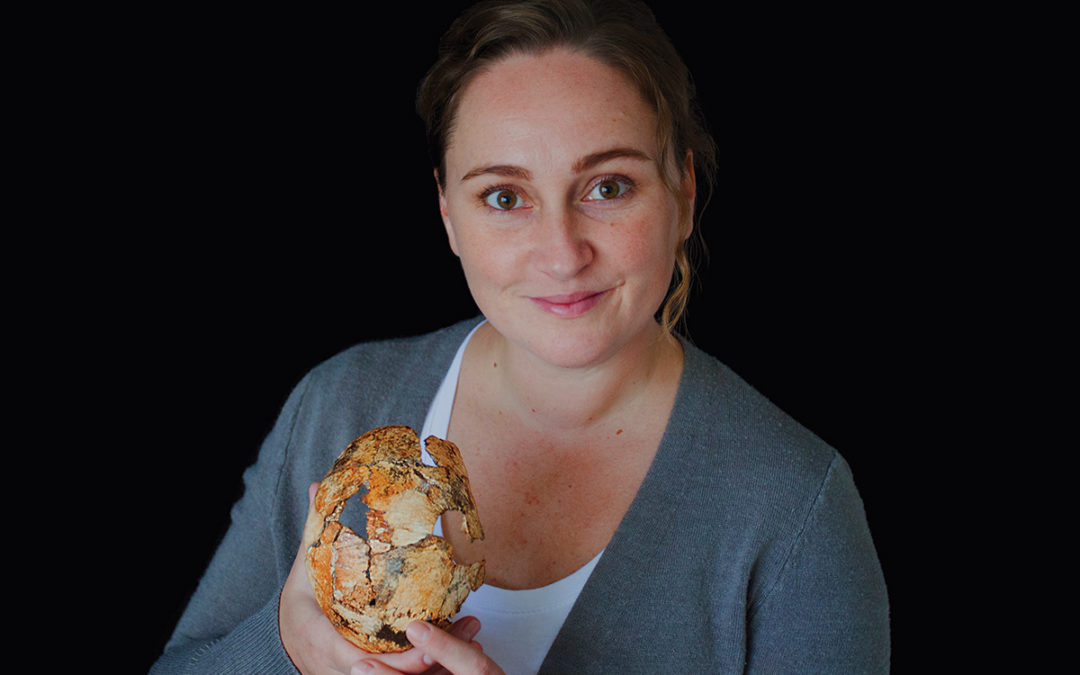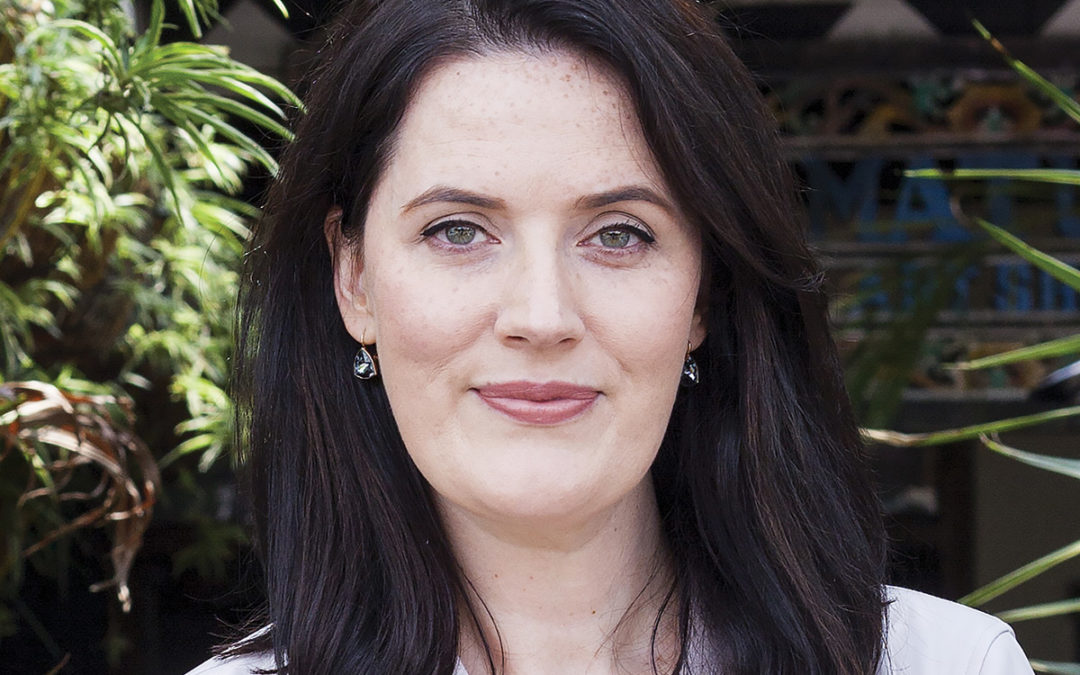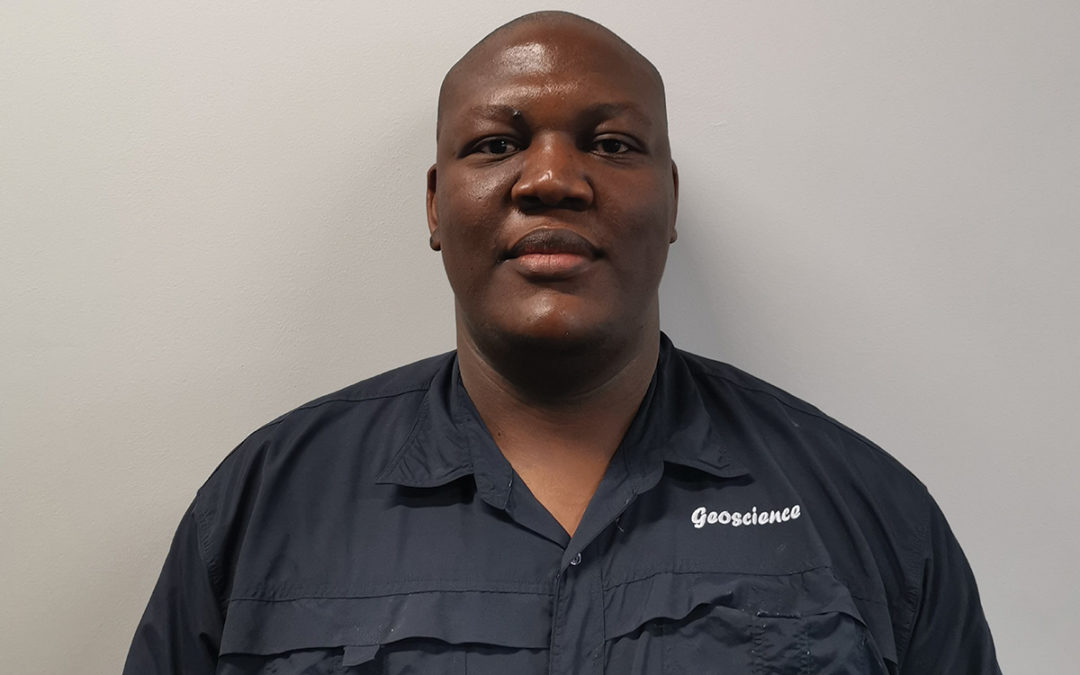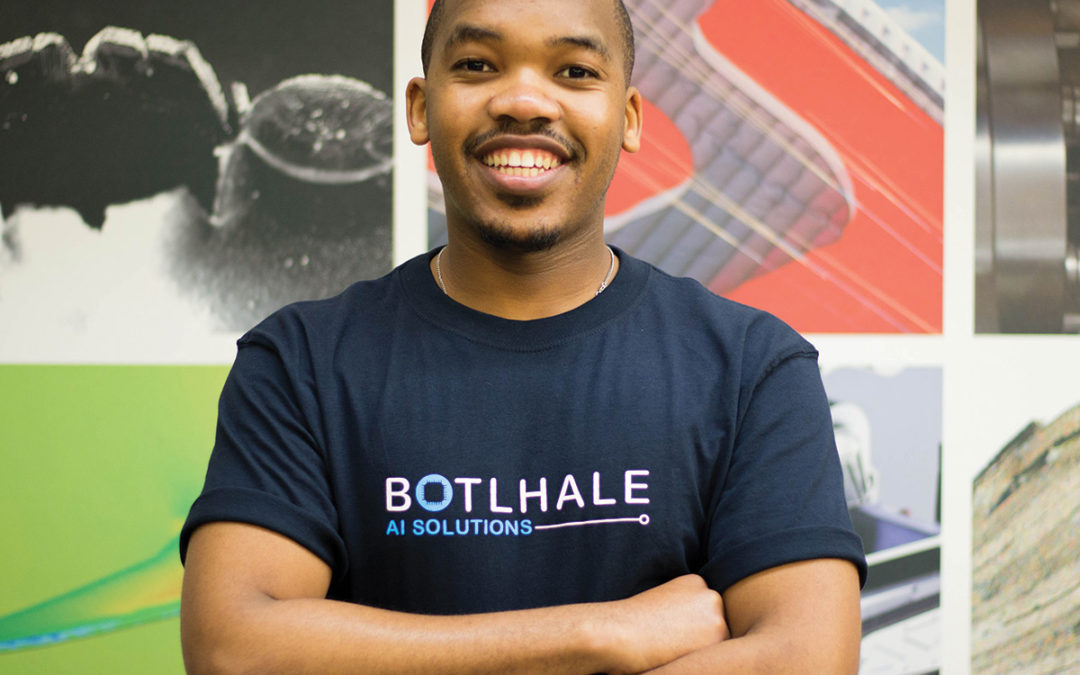Although the phrase “to reach for the stars” is overused, it is inspirational when it comes to Palesa Nombula, who is completing her master’s in astrophysics with the Centre for Radio Cosmology at the University of the Western Cape.
Having initially been excluded at her first attempt to study at the University of Cape Town, Nombula fought back with tenacity and resilience, charting her own path with five distinctions from Unisa, before returning to UCT to do her honours degree, collecting scholarships and fellowship awards along the way.
She attributes her success to focusing on physical and mental health, the development of a small, supportive community around her and, vitally, enjoying the work she does. “I had sufficient reasons to give up, but my desire to become an astrophysicist outweighed them all,” she says.
Further success soon followed, with an opportunity to be a part of the biggest global project in radio astronomy, the Square Kilometer Array under the South African consortium, the South African Radio Astronomy Observatory. This has afforded her experience alongside the world’s most talented data scientists and astronomers, something she doesn’t take for granted.
She says, “To overcome the obstacles that come with being a black South African woman, who grew up in the townships cared for by a single parent, every day is an opportunity to represent my community in STEM [science, technology, engineering and maths] and to uplift my community.”
With ambitions to develop education systems to empower disadvantaged learners and encourage a more exciting attitude towards learning — in science, technology, engineering and maths in particular, one could say that for Nombula, the sky’s the limit.
